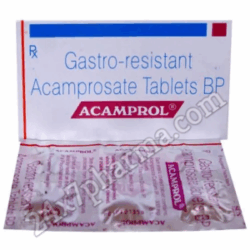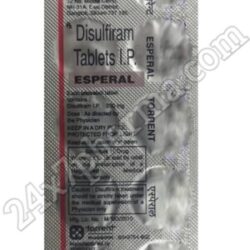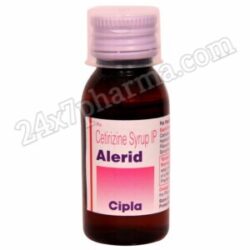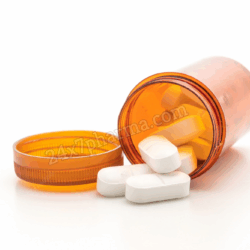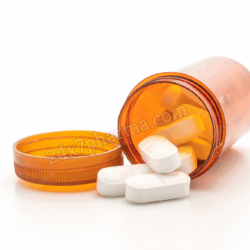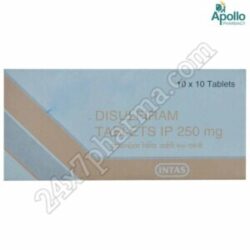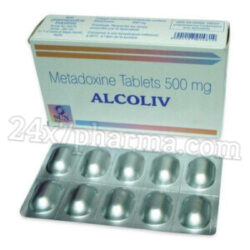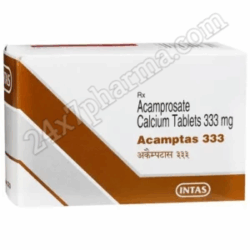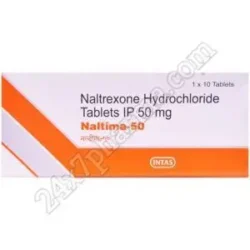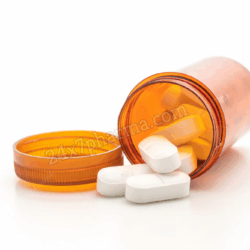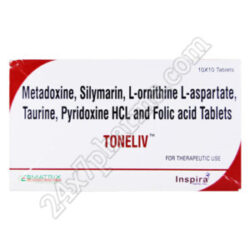Alcohol Addiction
Showing all 12 resultsSorted by latest
ACAMPROL 333mg Tablet 18’s
Original price was: $16.$13Current price is: $13.Esperal Tablet 30’S
Original price was: $7.$6Current price is: $6.Tyfusin 250mg Tablet 30’S
Original price was: $11.$10Current price is: $10.Livodox 500mg Tablet 30’S
Original price was: $24.$20Current price is: $20.Disulfiram 250mg Tablet 30’S
Original price was: $6.$4Current price is: $4.Alcoliv 500mg Tablet 20’S
Original price was: $22.$18Current price is: $18.Acamptas 333mg Tablet 18’S
Original price was: $17.$14Current price is: $14.NALTIMA 50mg Tablet 10’s
Original price was: $42.$35Current price is: $35.Tyfusin 500mg Tablet 20’S
Original price was: $20.$16Current price is: $16.Toneliv 500mg Tablet 10’S
Original price was: $20.$17Current price is: $17.Desirox 500mg Tablet 30’S
Original price was: $64.$53Current price is: $53.What is the Alcohol Use Disorder ( Alcohol Addiction ) ?
When you continue to drink despite the fact that it is seriously affecting your life, you may have an alcohol use disorder. It’s also possible that you’ll need more and more booze to get wasted. Abruptly quitting could result in withdrawal symptoms.
Other Names
Alcohol addiction, alcoholism – alcohol use, problem drinking, alcohol dependency, alcohol abuse, and substance use – alcohol
Alcohol Addiction Symptoms and Indications
Alcohol use disorders may only be diagnosed by a healthcare professional, however there are a number of behavioral and physical indicators that someone may be struggling with alcohol use.
Binge and heavy drinking are considered forms of problematic drinking, or alcohol misuse, according to The National Institute on Alcohol Abuse and Alcoholism (NIAAA). Regular or nearly daily engagement in these behaviors increases the likelihood of undesirable outcomes, such as the development of a AUD.
The following behavioral indicators might point to alcohol addiction:
- impaired intellect.
- inappropriate actions related to sex.
- hostility.
- Feelings shift.
- Depression.
- Fear and anxiety.
- inadequate social interaction.
- difficulties operating or driving machines.
- suicidal actions.
- Use of other substances (such sedatives, cocaine, heroin, or cannabis).
- disregarding one’s own needs.
- many mishaps or falls.
- frequent absences from school or employment.
The following physical indicators and symptoms might indicate alcohol addiction:
- an erratic pace.
- fast, uncontrollably moving eye movements, or nystagmus.
- reduced memory or focus.
- Absence of memory.
- Insufficient synchronization.
- perspiration.
- Tachcardia, or fast heartbeat.
- a case of diarrhea.
- ballooning.
- erectile dysfunction.
- slurred words.
- nausea.
- throwing up.
Treatment for Addiction or Alcohol Abuse
Individuals who are receiving treatment can quit drinking and regain control over their life. Regardless of how dire things appear, the majority of individuals will gain from receiving therapy of some kind.
It is frequently recommended that individuals with AUD begin treatment with a medically supervised detox to safely remove alcohol (and other drugs) from their bodies. Seizures are among the harmful problems that alcohol withdrawal can produce, depending on how severe it is. The severity of alcohol withdrawal depends on various factors, including how much and how long alcohol was overused. In order to monitor their condition and make sure they return to a medically stable state as comfortably as possible, those undergoing detox get medicine, support, and monitoring.
However, detoxing by itself is usually insufficient for long-term healing. It frequently serves as the start of a more thorough treatment program that assists patients in addressing and resolving the underlying problems that caused or exacerbated their addiction. Therapy may entails:
- Medication: Medications like disulfiram, acamprol, desirox and naltima can help reduce alcohol cravings and prevent relapses.
- Behavioral treatment plans: Participating in behavioral therapies, such cognitive-behavioral therapy (CBT), encourages the development of new thought patterns and behavioral patterns that counteract alcohol abuse and problem drinking.
- Mutual assistance organizations: Individuals can get help from peers who are also in recovery by taking part in mutual support organizations, such as Alcoholics Anonymous (AA) or others.

